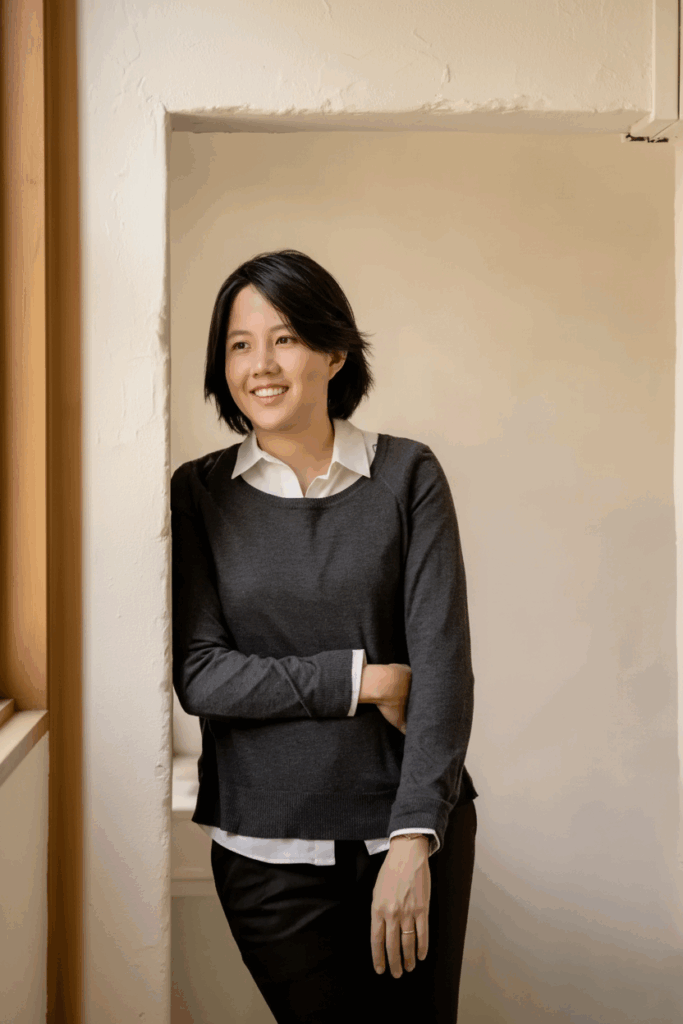At a time when western markets are seeing all-time high inflation, Southeast Asia (SEA) is reaping benefits from the increasing digitisation post-pandemic, and the rising entrepreneurial spirit. Founders here are focussing on solving problems that matter, and confidence in the region is reflected in the venture capital fundraises in the first half of this year, surpassing many previous records.
But we are in a macroeconomic cycle that is still playing out. The Russia-Ukraine war is ongoing, the US Federal Reserve’s rate hikes are affecting financial markets across the world, and the possibility of another variant of COVID-19 affecting geographies continues to be a risk.
Yet, SEA is going through this uncertain time differently from the rest of the world. The pandemic was a catalyst for the region’s startups. Technology companies that have existed in the region for over a decade saw increased demand. This has given a fresh impetus for the rise of newer business models, and many governments have come up with conducive policies. SEA has also seen a record number of exits- 115 (2019) and 107 (2020), according to this report, which also expects the number of exits between 2020 and 2022 to cross 460.
Venture capital deal activity has grown from around 100 investments per year in 2011 to about 900 investments per year in 2021, according to data from Preqin. The growth is even higher if you consider the capital deployed, which has grown from less than $1 billion in 2011 to around $20 billion in 2021. As a result, we are seeing founders in SEA become more confident, mature, and focused than ever before. Conversations have shifted from “how to raise” to “how to implement”.
Even though this makes us optimistic, there is also a sense of uncertainty because of the global macroeconomic scenario. We’re now in a time of introspection. This is why we think it is the moment of maturity for founders and the startup ecosystem in SEA.
Rising startup opportunities have also meant a scramble to find the right tech talent. The talent crunch across geographies in SEA has impacted startups, but the pandemic has shown the way for newer ways of working. In the long term, it is only natural that these will evolve, and still, newer ones will come in.
Sounding Board
Our recent $500 million fund committed to the region also rests on our long-term view of this market. While India’s startup ecosystem has been maturing over the last few years, markets like Indonesia, Vietnam, and the Philippines are seeing a new crop of startups, especially in areas like fintech and e-commerce. For these new founders, it becomes very important to have a sounding board for some of the challenges they come across. We try to be that for our founders.
Investments are not just about the capital. At Lightspeed, we’ve always believed in making investments in a way that we can be involved with the founders at every stage of their journey.
This is an interesting time to be an early-stage investor. With founders wanting to be wiser about the capital they have raised, they are dedicating time to research and understand businesses at a much deeper level. We have playbooks from different geographies and markets, which will work well in the SEA ecosystem. For instance, we try to help founders with the knowledge we have gained from other markets such as the US, which have previously been through testing macroeconomic cycles. Or India, which is culturally and economically closer to the broader SEA region, and has also grappled with quality talent shortages at various points in time.
Now, we’ve started to see an evolution in thought among founders in the region.
Conversations Matter
There is an understanding of the fact that we are no longer in a bull run. I see this reflected in my conversations with founders. They are no longer talking about how to raise the next cheque, but how to spend the money they have raised effectively. Capital is important, but I see a marked shift in the way founders in SEA are asking questions. How can we maximise our capital? What should the benchmark for our unit economics be? How can we get best practices? How to take advantage of the current talent environment? Are there any big advisors we can onboard for the longer term? Are there unique talents in India we can get? These are quality conversations. Less transactional, and more focused on the long term.
Founders in SEA have had to rethink and rewire their approach towards expansion, business ideas, people, talent, and markets. This has put them on a path of maturity that will help build long term businesses. The expansion of our own India and SEA-focused teams has helped us broaden our own views and understanding of different businesses and markets.
After scaling consumer-focused businesses like Grab and GoTo, SEA founders are now looking at more specific areas of business. We’re seeing a newer crop of startups in the consumer space focussing on areas like teenage banking, quick commerce, and members-only commerce. On the fintech side, startups have largely benefited from increased government involvement in scaling up digital payment systems post-COVID.
From our vantage point, the only way for the SEA startup ecosystem from here is up. If you or someone you know is building for SEA, always open to having a chat. You can write to me here.
Authors





